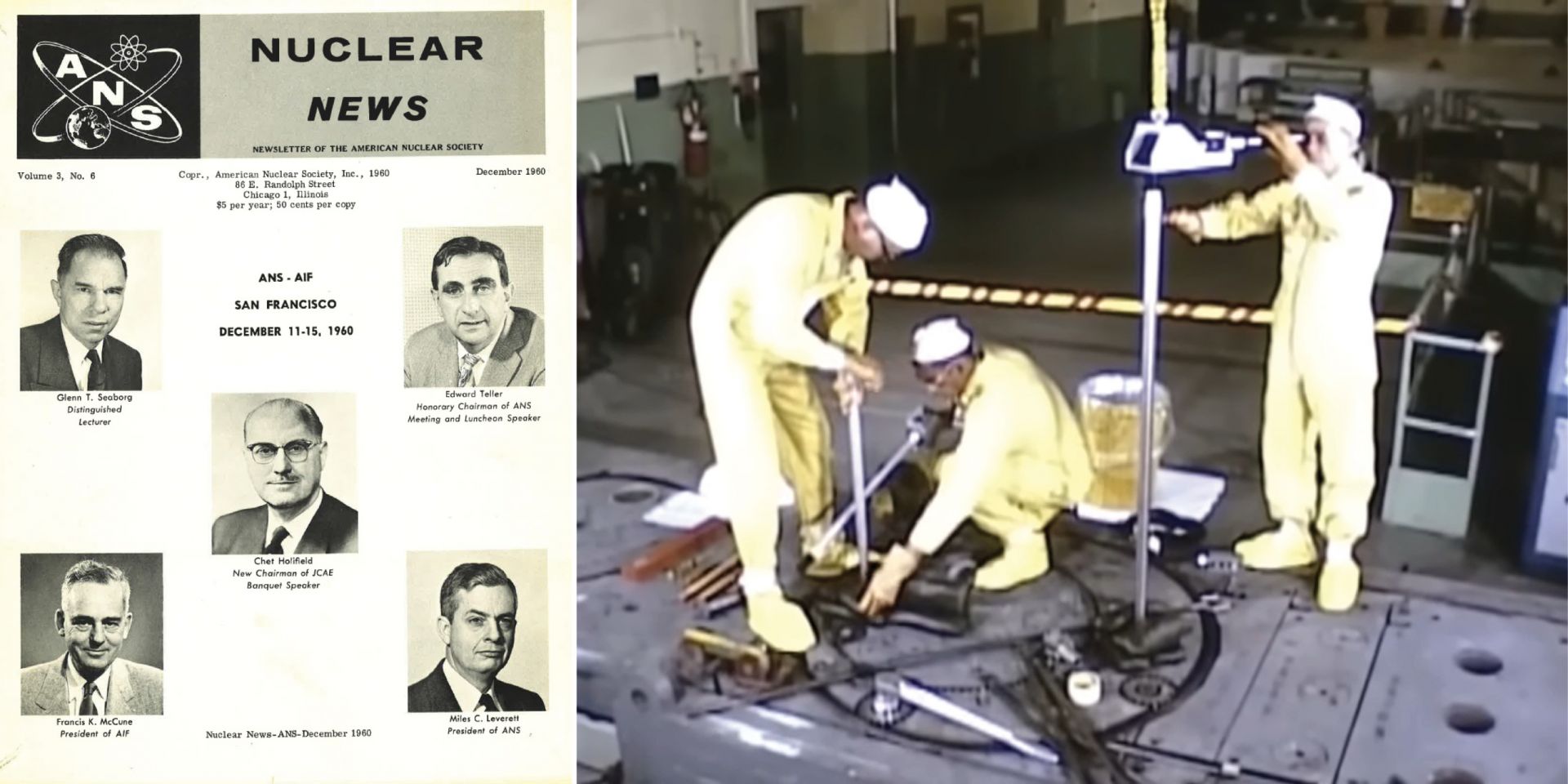Proof of concept: The Molten Salt Reactor Experiment in Nuclear News

By late 1960, when the U.S. Atomic Energy Commission authorized plans to build a Molten Salt Reactor Experiment (MSRE) at Oak Ridge National Laboratory, the lab already had about 13 years of experimentation with molten salt reactors under its longest-serving lab director, Alvin Weinberg. The MSRE operated from 1965 to 1969, proving that molten salt reactors could operate reliably, and with alternatives to uranium-235 too.



